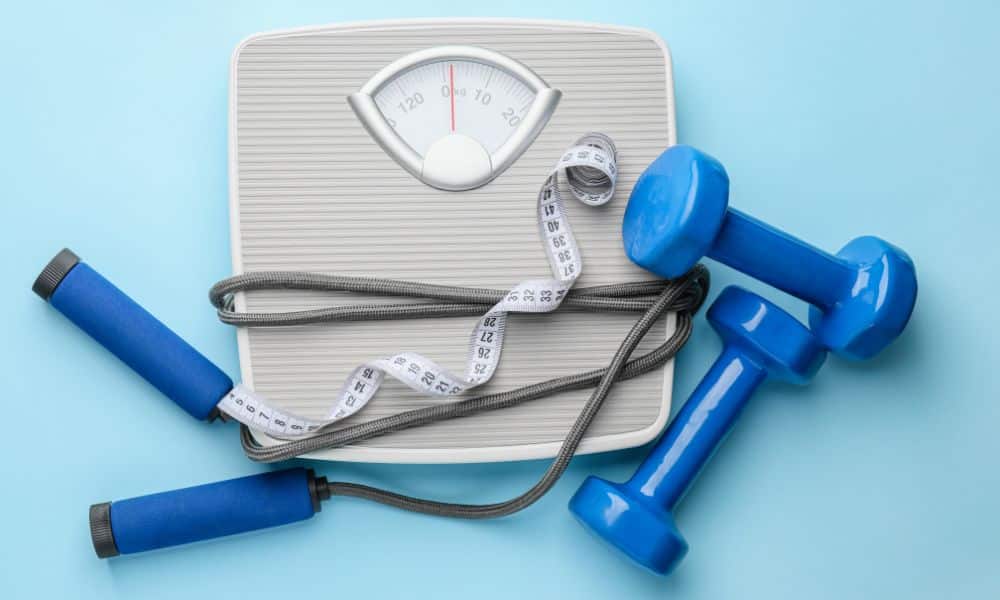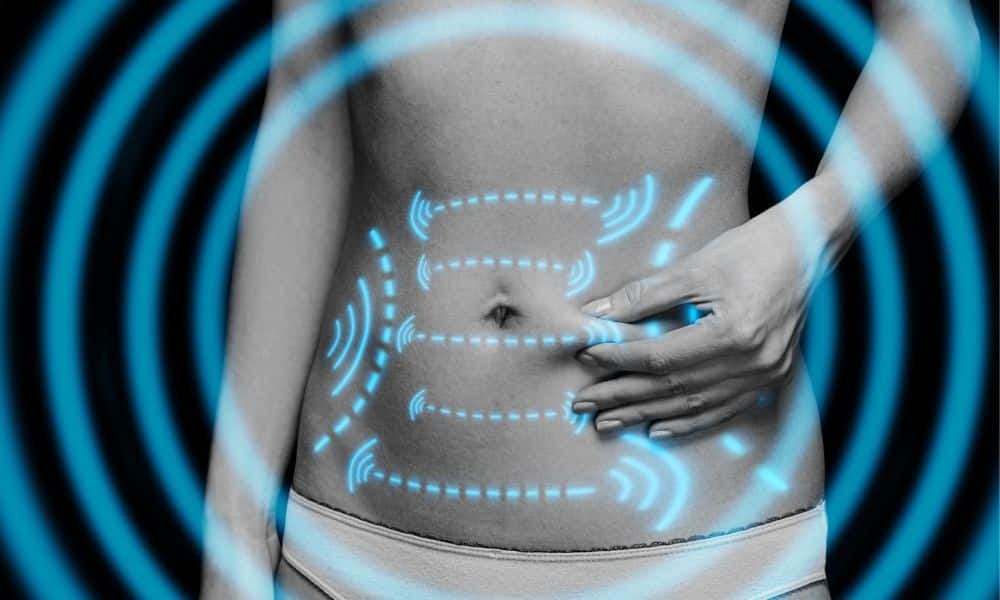Do you want to know how fasting can help you with weight loss? Numerous strategies have emerged over the years in the pursuit of weight loss. One approach that has gained significant attention and proven effective is fasting.
Restricted eating, particularly intermittent fasting, has shown remarkable results in shedding excess pounds and improving overall health. Weight loss is a simple process. If you don’t eat, you will lose weight. The body uses body fat and food for energy. While it prefers food, in the absence of food, it has no choice but to use body fat and, in severe cases, muscle.
In this article, we will explore the concept of restricted eating, including intermittent fasting, fasting while sleeping, the role of breakfast, and how and why the body burns fat in a fasted state.
Fasting
Fasting offers a myriad of health and weight loss benefits that have been backed by scientific research. Firstly, it promotes weight loss by creating a calorie deficit essential for shedding excess pounds. Restricted eating naturally reduces overall calorie intake by limiting the eating window or abstaining from food for certain periods.
Additionally, fasting has been shown to improve insulin sensitivity, regulate blood sugar levels, and promote fat burning. It also enhances metabolic flexibility, allowing the body to efficiently switch between using glucose and stored fat as energy sources.
Moreover, fasting triggers autophagy, a cellular process that helps remove damaged cells and promote cellular rejuvenation. This can have anti-aging effects and potentially reduce the risk of chronic diseases such as diabetes, heart disease, and certain types of cancer.
Furthermore, fasting has been linked to improved brain function, increased energy levels, and reduced inflammation. While it is important to approach restricted feeding cautiously and consult a healthcare professional, incorporating fasting into a balanced lifestyle can be valuable for optimizing health and achieving weight loss goals.
Intermittent Fasting
Intermittent fasting involves cycling between periods of eating and fasting. Commonly, individuals follow the 16/8 method, which entails fasting for 16 hours and restricting eating to an 8-hour window. During restricted eating, no calories are consumed, only water, tea, or black coffee.
By limiting the eating window, intermittent fasting naturally reduces overall calorie intake. This caloric deficit prompts the body to tap into stored fat reserves for energy. Additionally, intermittent fasting has been shown to regulate insulin levels and enhance the body’s metabolic flexibility, optimizing fat burning.
Fasting While Sleeping
Sleeping, an integral part of our daily routine also plays a role in weight loss. Our bodies enter a state of prolonged fasting during the overnight fast while sleeping. This extended restricted eating period helps facilitate fat-burning and weight loss.
When we sleep, our bodies shift from relying on readily available glucose to burning stored body fat for energy. As the fasting period continues, the body depletes glycogen stores and utilizes fatty acids as the primary fuel source. Consequently, this promotes fat loss and contributes to weight reduction.
The Breakfast Dilemma
Breakfast has long been hailed as the most important meal of the day. However, recent studies have challenged this notion, suggesting that skipping breakfast may benefit weight loss. When we wake up in the morning after a fasting period, our bodies are already in a state of fat-burning mode.
Prolonging the restricted eating period through the morning allows the body to use stored fat for energy. This process is known as fasted cardio. While in a fasted state, engaging in light exercise, such as a morning walk or jog, can further enhance fat burning and promote weight loss.
The word breakfast means to stop fasting. Therefore whenever you decide to eat after sleeping, that will break your fast, making it your breakfast. The longer you wait to eat, the more fat your body will burn for energy. It is important to listen to your body while restricting calories to prevent hunger, cravings, and a sluggish metabolism from sabotaging your health and weight loss goals.
How and Why the Body Burns Body Fat in a Fasted State
When the body is fasted, insulin levels drop, and glucagon hormone is released. Glucagon plays a crucial role in breaking down stored glycogen in the liver into glucose, providing energy for vital bodily functions. As glycogen stores are depleted, the body turns to adipose tissue (body fat) to supply the necessary fuel.
In addition, the fasted state triggers an increase in growth hormone levels. Growth hormone aids in the breakdown of fat cells and promotes muscle preservation, vital for maintaining a healthy metabolism during weight loss.
Conclusion
Fasting, particularly intermittent fasting, offers a powerful approach to weight loss. By implementing restricted eating periods, whether through intermittent fasting or extending the overnight fast while sleeping, we can tap into the body’s natural ability to burn stored fat.
With a balanced diet and regular exercise, fasting can effectively achieve weight loss goals and improve overall health. However, consulting a healthcare professional before embarking on any restricted eating regimen is essential, especially for individuals with specific health conditions.
While fasting can yield positive outcomes, adopting a sustainable and healthy lifestyle is key to long-term weight management and overall well-being. If you are on a weight loss journey, share this article on Facebook or Twitter to help others learn more about losing weight.




